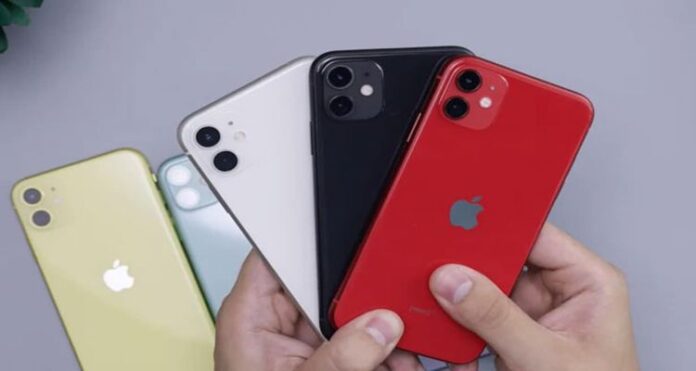| Translate This News In |
|---|
The government of Brazil said on Tuesday that it had banned Apple from selling iPhones in Brazil without a charger and fined the US tech giant more than $2 million over the matter. The immediate suspension of the sale of all iPhone-branded handsets, regardless of model or age, without a battery charger was mandated by Brazilian authorities in official notification. The California-based business was mandated to pay a fine of 12.28 million reais (almost $2.4 million) by the Ministry of Justice and Public Security. The Departments of Consumer Protection and Defense has passed legislation that effectively bans the sale of all iPhone 12 and 13 models.
According to a statement from the Brazilian government, Apple has been under investigation since December for “the sale of an incomplete product,” “marginalization against the consumer,” and “the transfer of responsibility to third parties” by selling iPhone 12s and newer models without chargers for power outlets.
The business has already received fines from Brazilian state agencies, but the statement said that it “did not take any efforts to mitigate the harm and until now continued to sell the cellular devices without chargers.”
Apple claims that the decision to bar chargers from iPhone sales is the result of a “environmental commitment,” according to Brazilian authorities.
However, the ministry found that as a result of Apple’s policy, “there is no effective representation of environmental protection on Brazilian soil,” and charged the company with “deliberate discriminatory practises against consumers.”
The official notice continued, “There is no justification for an operation that, in an effort to reduce carbon emissions, results in the introduction into the consumer market of a good or service whose use depends on the purchase of another (product) that is also marketed by the company.


















